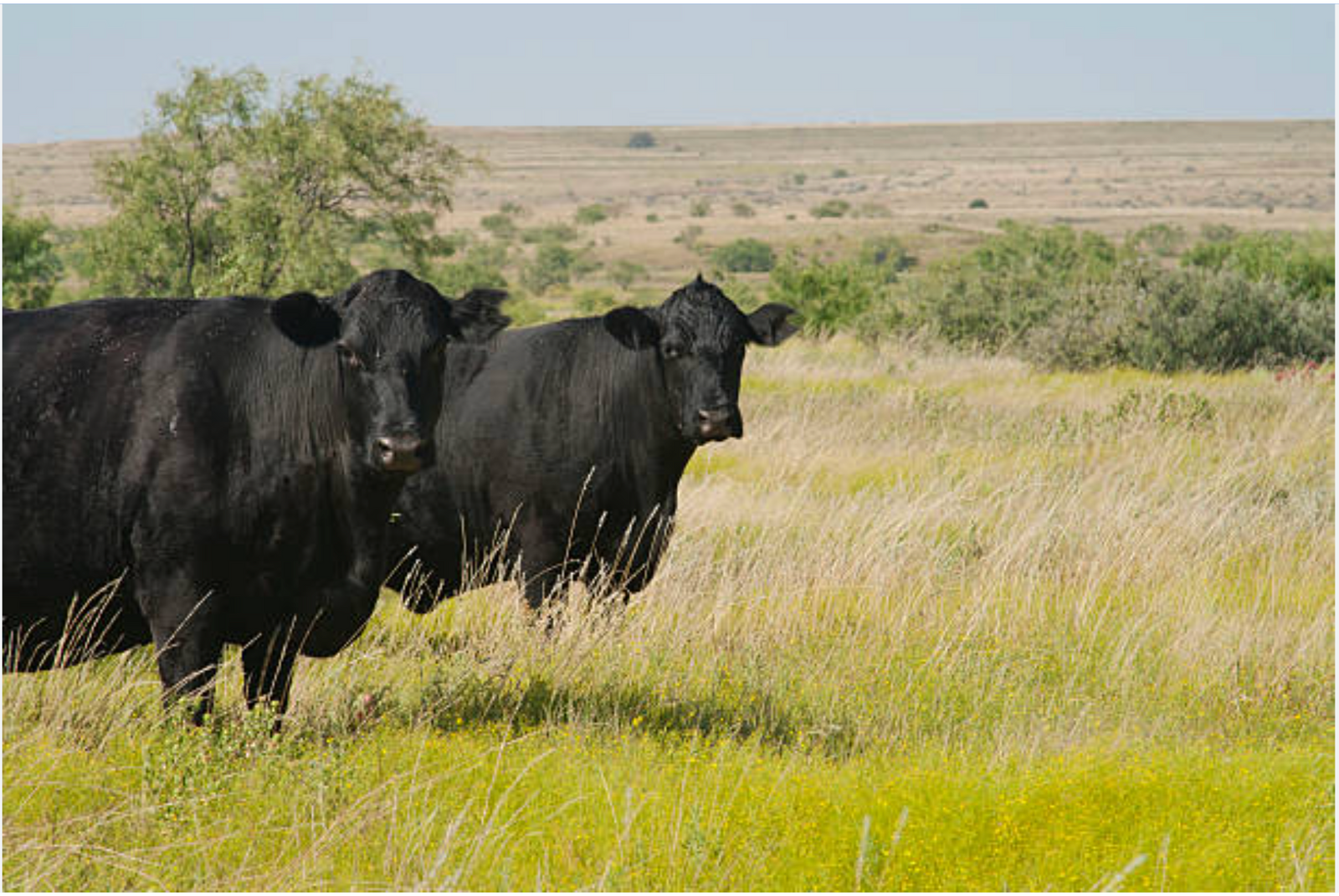Pasture Raised Grass-Fed Beef vs. Factory Raised Grain-Fed Beef: Making Healthier and More Sustainable Choices

In today's world, the choices we make about the meat we consume extend far beyond the dinner plate. In this comprehensive exploration, we delve into the compelling comparison between pasture-raised grass-fed beef and factory-raised grain-fed beef, with a firm stance on the benefits of the former. Our goal is to provide you with an in-depth look at the health, environmental, and ethical aspects of these choices and help you make informed decisions. As a local provider of healthy meal prep and meal delivery in Phoenix, Arizona, Cura Kitchen brings this perspective to the forefront.
The Lives They Lead: Animal Welfare
Pasture Raised Grass-Fed Beef
- A Healthier Life: Cattle that graze in open pastures lead more natural lives. They enjoy fresh air and ample room to roam, which significantly reduces stress and promotes overall well-being. There are many ranchers in our state of Arizona who allow cows to roam and live lives they were intended to naturally live. Many of these ranchers head down to the greater Phoenix area and sell their beef at local farmers markets.
- Nutritional Benefits: These animals consume diets more aligned with their natural preferences. As a result, their meat is not only healthier but also richer in essential nutrients. Grass-fed beef contains more Omega-3 fatty acids, antioxidants, and conjugated linoleic acid (CLA).
Factory Raised Grain-Fed Beef
- Confinement and Stress: Cattle in factory farms often endure crowded and stressful conditions with limited room for movement. These conditions lead to increased stress, resulting in compromised health and well-being.
- Grain Diets: Factory-raised cattle are typically fed grain-based diets, which are less natural for their digestive systems. This diet may affect the quality of the meat and can lead to the overuse of antibiotics due to their increased susceptibility to illnesses.
The Impact on the Environment
Pasture Raised Grass-Fed Beef
- Sustainable Grazing: These cattle significantly contribute to sustainable agriculture by grazing on open pastures. Their presence helps maintain and improve soil health, enhances biodiversity, and supports a more sustainable ecosystem.
- Reduced Carbon Footprint: Grass-fed cattle typically produce fewer greenhouse gas emissions compared to their grain-fed counterparts. Their diet is based on natural forage, which requires less energy-intensive inputs compared to grain-based diets.
Factory Raised Grain-Fed Beef
- Resource-Intensive: Factory farming practices for grain-fed beef consume substantial resources, from water to feed. The extensive use of grain for cattle farming exacerbates resource depletion.
- Environmental Strain: These operations put tremendous pressure on the environment. Issues like deforestation, habitat loss, and pollution are often associated with large-scale grain-fed beef production. Moreover, the use of antibiotics in factory farms contributes to the rise of antibiotic-resistant bacteria, posing risks to human health and the environment.
Nutritional Benefits
Pasture Raised Grass-Fed Beef
- Nutrient-Rich: Grass-fed beef is known for being richer in essential nutrients. In addition to higher levels of Omega-3 fatty acids, antioxidants, and CLA, it contains more vitamins and minerals, including B-vitamins, zinc, and iron.
- Leaner Meat: Grass-fed beef is leaner and contains less saturated fat, making it a healthier choice for your heart. It has a healthier fat profile and fewer calories per serving compared to grain-fed beef. You can typically identify a grass-fed cut of meat by the fat, which is a bit more yellow than white, and by the overall size of the cut - grass-fed yield ribeye cuts that are a bit smaller than a ribeye from grain-fed factory raised cows.
Factory Raised Grain-Fed Beef
- Fattier Cuts: Grain-fed beef can contain higher levels of saturated fat, which may not align with certain dietary preferences. Excessive consumption of saturated fat is associated with various health concerns, including heart disease.
Engaging with Your Choices
Choosing pasture-raised grass-fed beef over factory-raised grain-fed beef is more than a simple dietary preference—it's a decision that positively impacts animal welfare, the environment, and personal health. When you opt for grass-fed beef, you support the well-being of animals, savor healthier and more nutritious meat, and contribute to a more sustainable world. By exploring meal prep and meal delivery options, you can bring these benefits to your table with every delicious bite. You can also enjoy the benefits of pasture raised grass-fed beef and avoid some of the higher costs of this produce by sticking to some of the cheaper cuts of beef or ground beef options. The next time you head to the grocery story, try out some chuck or rounds and slow cook them over a few hours!
As a local meal prep delivery provider in Phoenix, Arizona, we prioritize sourcing our ingredients responsibly and ethically.
In the pasture-raised grass-fed beef vs. factory-raised grain-fed beef debate, the choice is not simply about taste; it's a decision that influences the well-being of animals, the environment, and your health. When you choose pasture-raised grass-fed beef, you not only enjoy a superior culinary experience but also support animal welfare, healthier eating, and environmental sustainability. With meal prep and meal delivery options, your culinary choices become a vehicle for positive change. At Cura Kitchen, we invite you to explore our menu, embracing a world of delicious, responsible dining that starts with pasture-raised, grass-fed options. Check out our Signature Program meal prep here.



